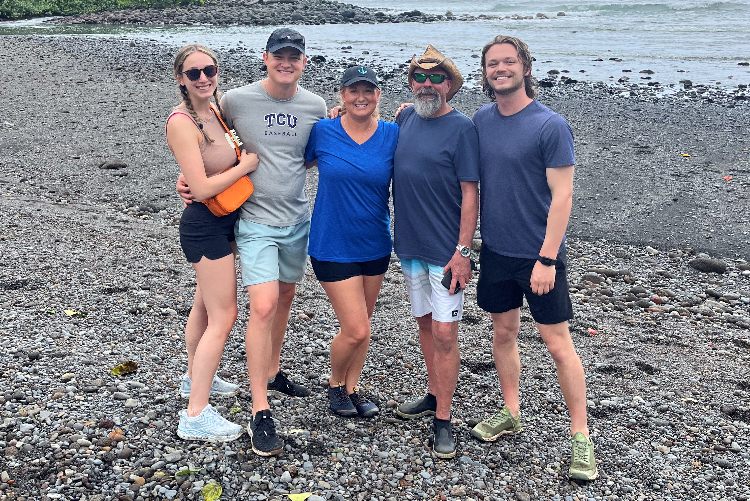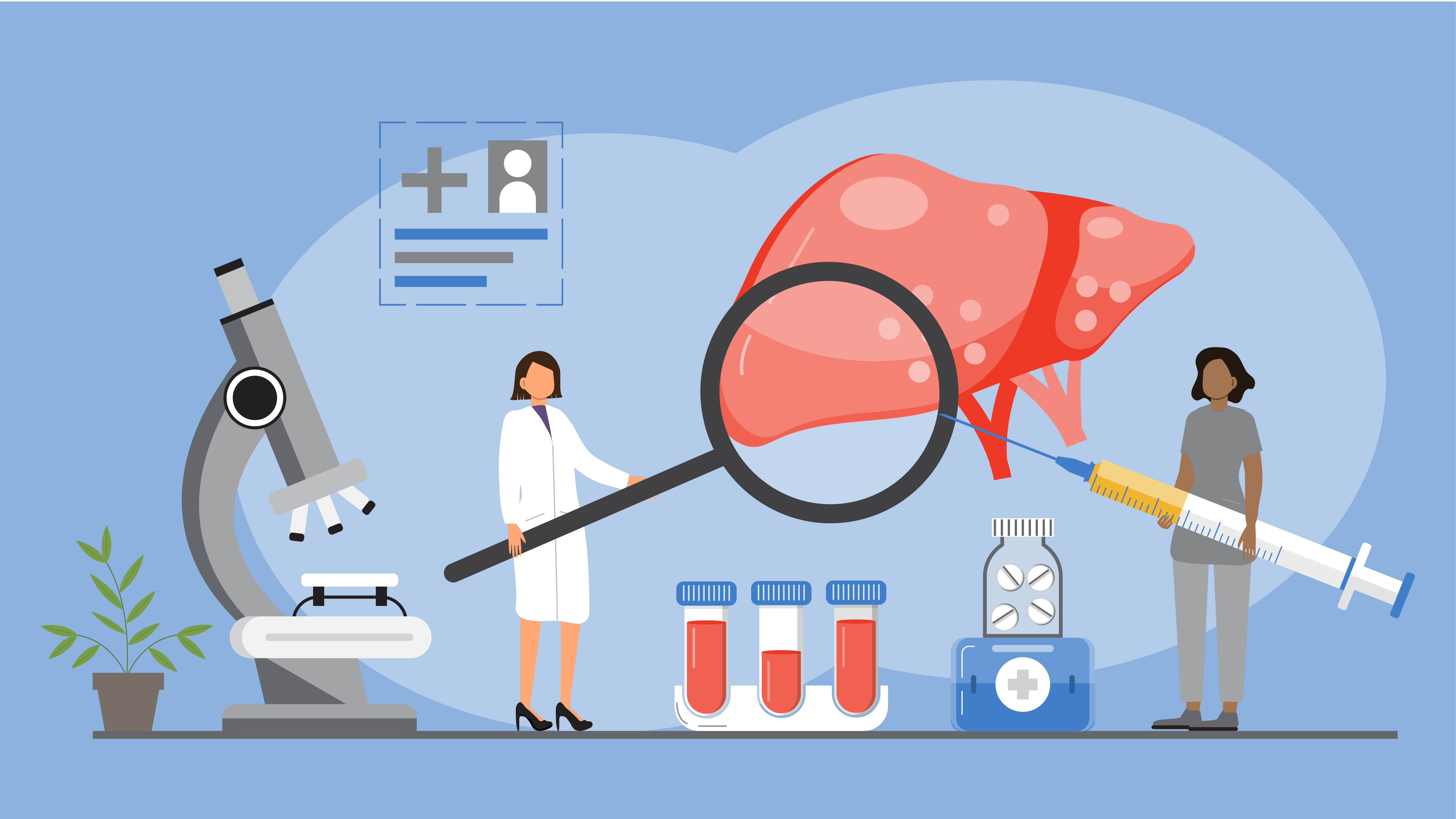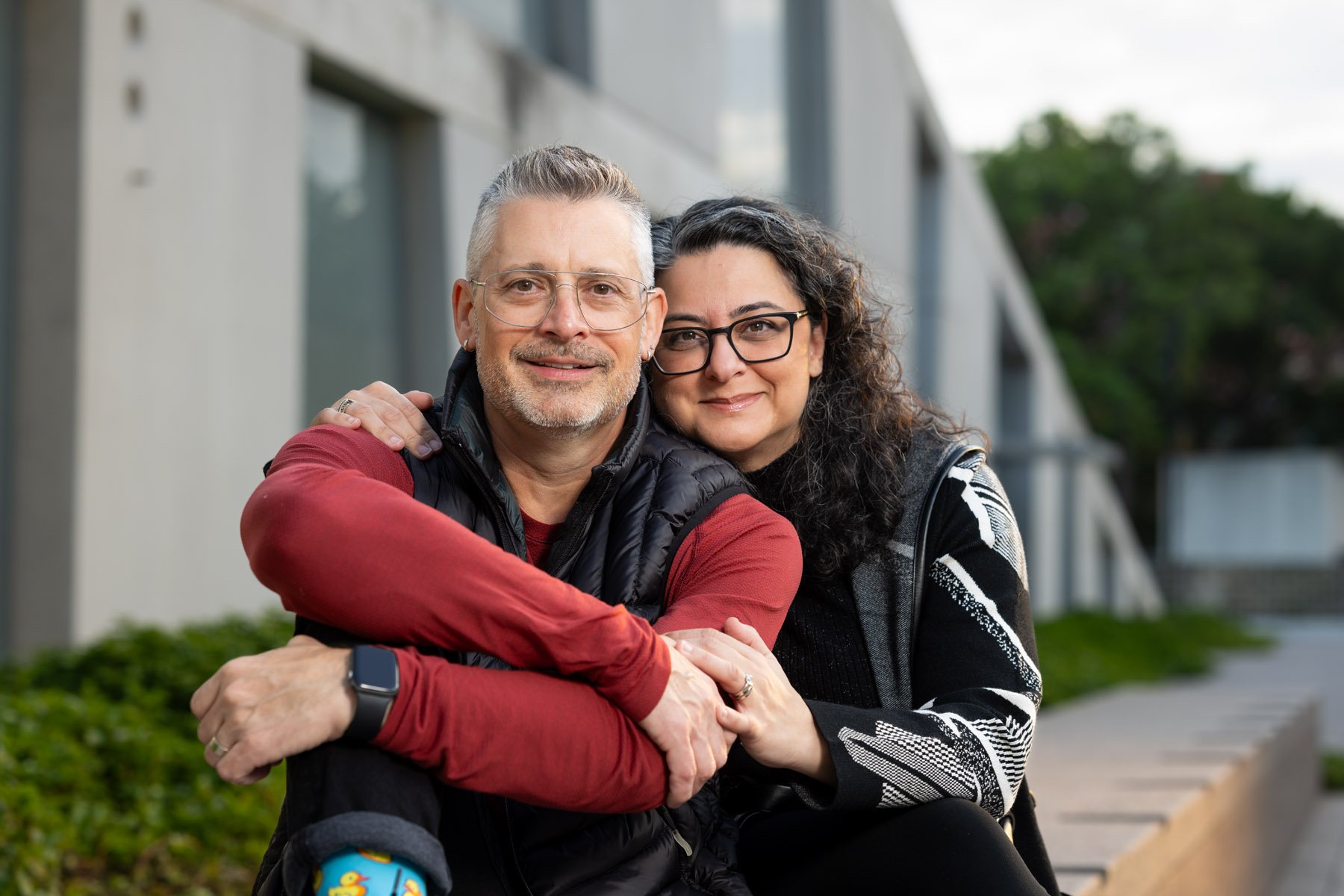- Diseases
- Acoustic Neuroma (14)
- Adrenal Gland Tumor (24)
- Anal Cancer (68)
- Anemia (2)
- Appendix Cancer (16)
- Bile Duct Cancer (26)
- Bladder Cancer (72)
- Brain Metastases (28)
- Brain Tumor (232)
- Breast Cancer (714)
- Breast Implant-Associated Anaplastic Large Cell Lymphoma (2)
- Cancer of Unknown Primary (4)
- Carcinoid Tumor (8)
- Cervical Cancer (158)
- Colon Cancer (166)
- Colorectal Cancer (116)
- Endocrine Tumor (4)
- Esophageal Cancer (44)
- Eye Cancer (36)
- Fallopian Tube Cancer (8)
- Germ Cell Tumor (4)
- Gestational Trophoblastic Disease (2)
- Head and Neck Cancer (12)
- Kidney Cancer (128)
- Leukemia (342)
- Liver Cancer (50)
- Lung Cancer (286)
- Lymphoma (278)
- Mesothelioma (14)
- Metastasis (30)
- Multiple Myeloma (100)
- Myelodysplastic Syndrome (60)
- Myeloproliferative Neoplasm (4)
- Neuroendocrine Tumors (16)
- Oral Cancer (100)
- Ovarian Cancer (172)
- Pancreatic Cancer (160)
- Parathyroid Disease (2)
- Penile Cancer (14)
- Pituitary Tumor (6)
- Prostate Cancer (146)
- Rectal Cancer (58)
- Renal Medullary Carcinoma (6)
- Salivary Gland Cancer (14)
- Sarcoma (238)
- Skin Cancer (296)
- Skull Base Tumors (56)
- Spinal Tumor (12)
- Stomach Cancer (64)
- Testicular Cancer (28)
- Throat Cancer (92)
- Thymoma (6)
- Thyroid Cancer (96)
- Tonsil Cancer (30)
- Uterine Cancer (80)
- Vaginal Cancer (16)
- Vulvar Cancer (20)
- Cancer Topic
- Adolescent and Young Adult Cancer Issues (20)
- Advance Care Planning (10)
- Biostatistics (2)
- Blood Donation (18)
- Bone Health (8)
- COVID-19 (362)
- Cancer Recurrence (120)
- Childhood Cancer Issues (120)
- Clinical Trials (630)
- Complementary Integrative Medicine (22)
- Cytogenetics (2)
- DNA Methylation (4)
- Diagnosis (232)
- Epigenetics (6)
- Fertility (62)
- Follow-up Guidelines (2)
- Health Disparities (14)
- Hereditary Cancer Syndromes (126)
- Immunology (18)
- Li-Fraumeni Syndrome (8)
- Mental Health (116)
- Molecular Diagnostics (8)
- Pain Management (62)
- Palliative Care (8)
- Pathology (10)
- Physical Therapy (18)
- Pregnancy (18)
- Prevention (914)
- Research (392)
- Second Opinion (74)
- Sexuality (16)
- Side Effects (604)
- Sleep Disorders (10)
- Stem Cell Transplantation Cellular Therapy (216)
- Support (402)
- Survivorship (320)
- Symptoms (182)
- Treatment (1786)
Domestic violence and cancer treatment: 5 things to know
5 minute read | Published November 06, 2024
Medically Reviewed | Last reviewed by Tatiana Fincham on November 06, 2024
Domestic violence can happen to anyone. It affects all races, ages, educational levels, socioeconomic classes, genders and sexual orientations. It can even happen to cancer patients.
So, how do you deal with domestic violence when you’ve also got a cancer diagnosis? Are there particular steps you can take with your medical team to reduce your risk of future harm? And, is there anything else you should keep in mind while undergoing cancer treatment?
The first thing to know is that you are not alone, and our social work counselors stand ready to assist you. Here are some things to consider before you reach out to them — whether it’s for information, resources or emotional support.
Understand the limits of confidentiality
A lot of people think we call law enforcement right away if they reveal that someone has hurt them or that they’ve thought about suicide. That is simply not true.
We keep the vast majority of hard things people tell us in confidence private. We know that with enough time and support, people can sometimes solve their own problems. But as mandatory reporters, we are required by law to break confidentiality and notify the police when:
- Children under the age of 18 are in danger
- Someone is at imminent risk of hurting themselves or others
- A patient or caregiver has a gunshot wound
Even then, we will do our best to help you navigate the road ahead. Because mostly, we are here to give you options. We try to meet you wherever you are, listen carefully to what you have to say, and make sure we have a full grasp of your situation. That way, we can give you the most sensible suggestions for next steps and let you pick the options that work best for you.
Let us run interference
If you wish to speak privately with a member of your care team — especially so that you can report abuse, neglect or domestic violence — we can help you accomplish this in a number of ways. Even if your caregiver doesn’t want to leave your side, we can find ways to speak with you alone.
Advance directives are one good reason because neither witnesses nor notaries are required to fill them out. In fact, we prefer to speak with patients privately while they complete these forms. We really want them to slow down and think about whom they can trust, and be candid with us about their wishes.
Reconsider who has proxy access to MyChart
Many patients grant their caregivers proxy access to MyChart. Normally, that’s a good thing, as it allows caregivers to help patients reschedule appointments, keep track of medications and communicate with their care team.
But if you’re planning to leave an abusive relationship, or just wish to speak frankly with us about what you’ve been experiencing, you might want to consider revoking this privilege. You might also wish to remove the abuser’s name from your list of emergency contacts.
We used to be able to make confidential notations in someone’s chart about abuse or domestic violence, and no one except members of the patient’s medical team could see it. But now, approved proxies can also access their loved one’s charts, so they can see almost everything we can.
If you let us know in advance that you have concerns about this, we can phrase things carefully in our notes so that other staff are aware of your situation without using the actual words “violence” or “abuse.” We also have a digital button we can press to hide some notes and mark them as sensitive. But if someone subpoenas your full medical record in a legal proceeding, even these confidential files must be included. So, your abuser might still be able to see them, and they could be read aloud in court.
Create a passcode
A lot of perpetrators try to turn the tables by claiming to be victims of abuse themselves. Or, they pretend to be someone else to pump unsuspecting people for information who wouldn’t know they were impostors or recognize their deception.
To combat this, we can set up a confidential passcode for you. Share it only with trusted members of your inner circle. After that, anyone who calls, emails or even drops by MD Anderson to ask about you must provide this passcode in order to be given information — including, but not limited to, if you’re currently admitted to the hospital.
Federal patient privacy laws already forbid us from confirming or denying that someone is a patient here. A passcode gives you an added layer of protection.
Enlist the aid of our on-campus police force
If you’re worried about an abuser showing up to harass you while you’re at MD Anderson, please let us know. We can enlist the aid of our on-campus police officers — both for your protection and our own.
Officers from The University of Texas Police Department (UTPD) can help you with something as simple as walking you safely to your car in the parking garage, or as detailed as filing a police report against your abuser.
One of the most important things to remember is that the more you’re willing to talk to us about what’s going on, the better positioned we’ll be to help you. So, please don’t hesitate to reach out. You are not alone.
If you’re an MD Anderson patient or caregiver who needs help with domestic violence, you can reach out to your social work counselor through MyChart or call Social Work at 713-792-6195.
You can also get help or learn more by calling the National Domestic Violence Hotline at 1-800-799-7233 or 1-800-787-3224 (TTY), by texting “START” to 88788, or by chatting with advocates online.
Request an appointment at MD Anderson online or call 1-844-254-2250.
Related Cancerwise Stories

Mostly, we are here to give you options.
Tatiana Fincham
Senior Social Work Counselor





